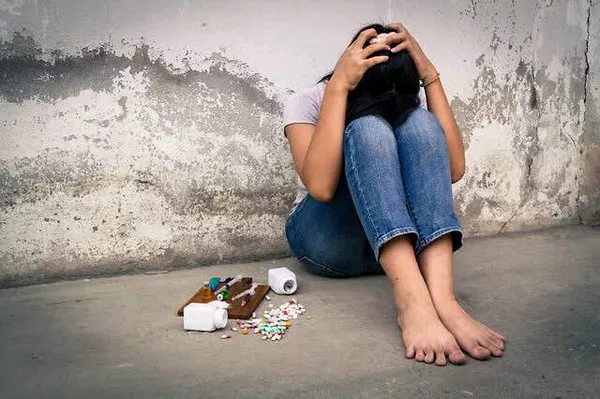Yale Child Study Center (YCSC) has initiated a groundbreaking Black Youth Mental Health Clinical Case Conference Series, dedicated to dissecting the escalating mental health crisis among Black youth and the profound impacts of anti-Black medical racism. Conceived by Amanda Calhoun, MD, MPH, a PhD candidate in the Yale Investigative Medicine Program and Solnit Integrated child psychiatry fellow/chief resident at YCSC, the series aims to foster discussions surrounding anonymized cases from institutions nationwide, coupled with expert-led conversations.
Calhoun emphasizes the unique storytelling element integral to each conference, an approach designed to humanize Black youth, who have often been dehumanized within the medical community. This format not only enhances accessibility for a broader audience, extending beyond medical backgrounds but also serves to spotlight the historical roots of anti-Black racism in the medical system.
The current mental health system, as Calhoun underscores, falls short in adequately addressing the needs of Black children. The conference seeks to unravel the historical underpinnings of anti-Black racism in both the nation’s history and the history of medicine, with a specific focus on its repercussions on Black children in contemporary society.
Black youth are confronting a mental health crisis, declared a national emergency by the American Academy of Pediatrics in October 2021. Disturbing data reveals rising suicide death rates among Black youth, surpassing the rates for any other racial/ethnic group. Concurrently, anti-Black racism persists among mental health professionals, leading to biased diagnoses. Black children are disproportionately diagnosed with disruptive disorders, such as oppositional defiant disorder, in contrast to white children, who are more likely to receive an attention-deficit/hyperactivity disorder (ADHD) diagnosis.
Calhoun draws attention to the stigmatization associated with diagnoses like oppositional defiant disorder and the limited interventions available for such conditions. This stands in stark contrast to ADHD, a highly researched disorder with abundant resources and treatment options. The impact of such diagnoses extends beyond medical labels, branding Black children as ‘bad kids’ within both educational settings and the medical field.
As a clinician, Calhoun has witnessed the lack of empathy and, at times, incompetence that Black children face from their healthcare providers. Her involvement in a 2021 JAMA Pediatrics paper revealed that Black children are more likely to be physically restrained in emergency rooms than their white counterparts. The stark findings fueled her determination to address patterns of anti-Black racism across hospital systems.
To confront these disparities, Calhoun conceived the clinical case conference, focusing exclusively on the mistreatment of Black youth by mental health professionals. By presenting anonymized cases from around the country, the conference aims to facilitate expert-led discussions on addressing real-life instances of medical racism while protecting the identities of those submitting cases.
The storytelling approach adopted by the conference serves a dual purpose. It enhances accessibility for non-mental health professionals while providing a powerful medium for psychiatrists to engage in discussions. Calhoun emphasizes that narratives bring the patient alive in a way that transcends conventional, sterile histories.
The case conference is set to continue monthly through June 12, welcoming participation from the broader Yale community and those beyond. Calhoun encourages individuals with diverse backgrounds, both within and outside the mental health field, to attend. The overarching goal is to foster a multi-disciplinary effort to critically and creatively address mental wellness challenges unique to Black youth.
Registration is required for participation in the series, reflecting the commitment to creating a platform for meaningful dialogue and action. The conference stands as a testament to Yale’s dedication to unraveling the complexities of medical racism in psychiatry, shedding light on the urgent need for comprehensive solutions to uplift the mental well-being of Black youth.





























